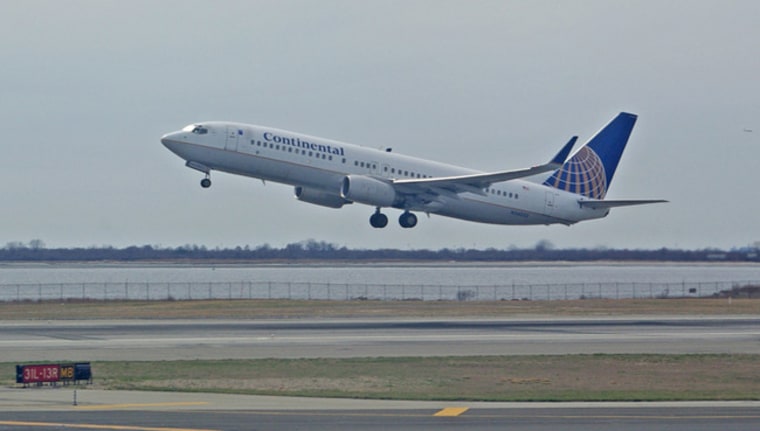American Airlines led a charge over the weekend to raise domestic air fares. It held for a while, as United Airlines, Delta Air Lines, Continental Airlines and others quickly matched American’s fare hike.
Then it fell apart when Continental, citing the need to hone a competitive edge, dropped out on Monday, and other major U.S. legacy airlines — American included — rolled back their fare hikes, too.
That’s a good thing, right? Well, sure, no one wants to pay more to fly, especially when the prices of gasoline and food are soaring ever higher, housing values are still stubbornly down and credit for consumers and businesses is still tight. U.S. airlines have tried to raise fares or fuel surcharges 17 times just since the start of 2008. Twelve of those increases stuck, making it more costly for you and me to get off the ground this summer.
But this week’s rare fare rollback is a bad thing, too. Why? Allow me.
I attended the yearly meeting of the International Air Transport Association, the global airline trade group, last week in Istanbul — and a more depressed group of people would be hard to find anywhere. Thanks mainly to sky-high fuel prices, IATA predicts the world’s airlines will lose $2.3 billion this year — that’s if a barrel of crude oil averages $107 for the year. If oil averages $135, the world’s airlines will bleed $6.1 billion in 2008. U.S. carriers, already burdened by debt, aging fleets and disgruntled employees, will account for much of this red ink.
Those dismal figures spurred talk among the assembled airline executives of all-but-inevitable service downgrades, discontinued routes, shrinking fleets, smaller, even more crowded planes and even more new fees for travelers. Some airlines are expected to merge. Some may be forced to liquidate. Chapter 11 will become like the Roach Motel: They’ll check in but they won’t check out. When I heard the evocative Muslim call to prayer floating over Istanbul, I couldn’t help but wonder if they were praying for the airline industry.
Put in the language of Darwinian capitalism, airlines are struggling just to survive and only the fittest will prosper. As such, airlines have to raise revenues, as well as cut costs. That’s why we’re facing all these fare increases and ever-higher fuel surcharges. That’s why air carriers in the United States charge for meals in economy class and are beginning to charge for checked bags. The joke going around these days is that soon the airlines will install pay toilets on planes.
What to do?
We’ve said it before: Unless you have to fly, don’t — especially in the U.S. and especially during the peak travel season. This summer is going to make the snafus of summers past look like love-ins.
If you must fly, and haven’t booked your ticket yet, do it today. This may help you avoid higher fares later when the airlines try to hike the price of a ticket again. And they will try. They have to.
